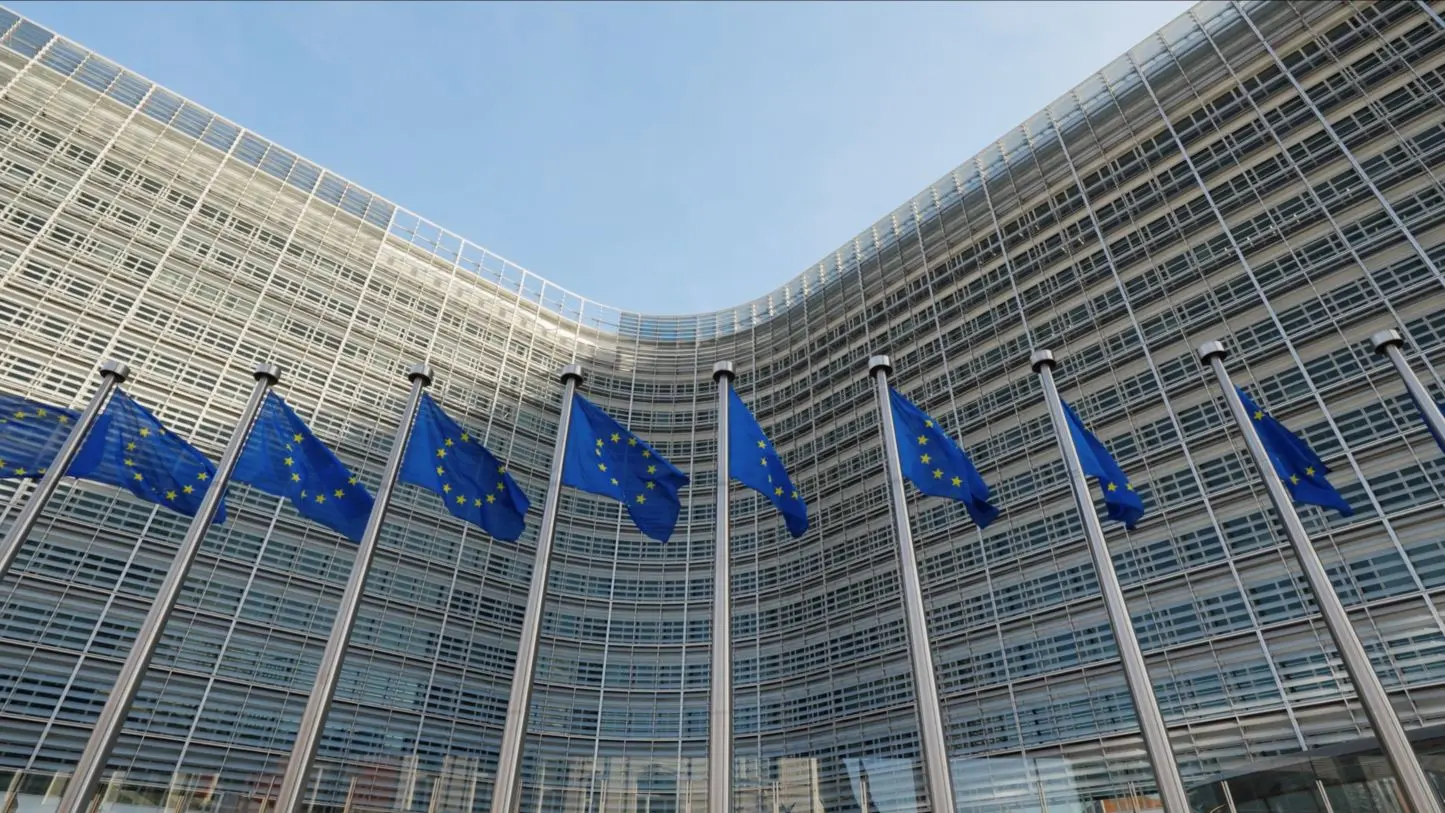The decision has been made. The European Commission has received the final go-ahead to impose import duties on electric vehicles produced in China. The rule, the result of a lengthy investigation by the relevant bodies, came into force on 31 October after its publication in the Official Journal. If Brussels and Beijing do not reach an alternative agreement, customs tariffs will be applied for the next five years.
The scenario
The European decision to impose an inbound tariff on all electric vehicles produced in China is only one aspect of a broader trade conflict between the two countries and affects the entire 'green' technology sector (from photovoltaics to batteries).
The European institutions are, in fact, convinced that the state subsidies from which the so-called Chinese 'clean tech producers' benefit do not comply with the rules on international trade sanctioned by the World Trade Organization and may, in fact, constitute 'dumping': through government subsidies, companies with production chains in China would be able to introduce goods (including electric cars) into the Twenty-Seven bloc at a much lower price than the market price, with the risk that competition would be distorted, having significant consequences for the European industrial sector.
Regarding only electric vehicles, the European Commission launched an eight-month investigation to determine whether the Beijing government's incentives actually represent market manipulation. For EU officials, the answer is positive. According to the analysis, electric car manufacturers in China receive support along the entire value chain: from the availability of cheap land for factories to the supply of lithium and batteries at capped amounts, from tax breaks to the possibility of receiving low-interest financing from state-owned banks.
Consequently, production costs would be contained. The data, in this respect, seems to be crystal clear: from 2020 to 2023, the market share of electric cars produced in China went from 3.9% to 25%. This is against a backdrop of rather limited European production: according to the analysis conducted by the Bank of America, the major car manufacturers on the Old Continent are struggling to keep up, losing ground year by year. High production costs, which are reflected in higher selling prices for consumers and limited availability of new models, undermine purchases and also the possibility of completing the path to fully green mobility within the set timeframe.
In June 2024, the Commission announced its intention to impose an import tariff on electric vehicles produced in China, gaining the support of the Council to proceed in early October. The text of the law was then transposed into the 'implementing regulation' voted on a few weeks ago.
The contents of the regulation
According to legislation by EU bodies, import duties for electric vehicles produced in China are not uniform: they vary from company to company, with higher amounts for those companies that did not actively participate in the investigation. For cars of the BYD group, the tariff is set at 17%, for those of the Geely group at 18.8%, rising to 35.3% for vehicles produced by SAIC, a state-owned company.
Tesla, which has several factories in China, received a 7.8% duty after an individual evaluation. For all other producers who participated in consultations with EU officials, the rate is 20.7%. For those who, on the other hand, had no role in the investigation, the percentage is set at the maximum envisaged cap (35.3%). The EU-standard 10% tariff on car imports must be added to these duties. For some of the electric vehicles produced in Beijing, the total import duty can therefore be around 45%.
The sides
Beijing's reaction was swift: no later than 30 October, in fact, the Chinese government stated that it had filed a complaint against the European decision with the WTO, as provided for by the institution's dispute resolution mechanism. Brussels has expressed its willingness to continue the diplomatic dialogue conducted in recent months with its Chinese counterpart in order to reach an alternative solution to the tariffs. Fears that other European products could be subject to Chinese countermeasures are considerable, especially after Beijing's recent decision to tax brandy from the EU.
Internal issues within the Bloc of 27 should not be forgotten either: the vote on tariffs has indeed highlighted a rift between usually aligned actors. France – as well as Italy, Poland, the Netherlands, Ireland, Bulgaria, Denmark, Estonia, Latvia, and Lithuania – voted in favour, while Germany – with Malta, Hungary, Slovakia, and Slovenia – voted against. Spain, on the other hand, abstained. What worries the major European car manufacturers is the possibility that Chinese companies, in order to avoid entry tariffs, might decide to relocate their production to Europe, further undermining the sector. The contacts between Brussels and Beijing, intensified in light of the very recent outcome of the US presidential election, are therefore focusing on the possibility of setting a minimum import price: according to this strategy, Chinese electric cars would cost more, and the conditions for fair competition would be re-established, with the simultaneous elimination of import tariffs.
